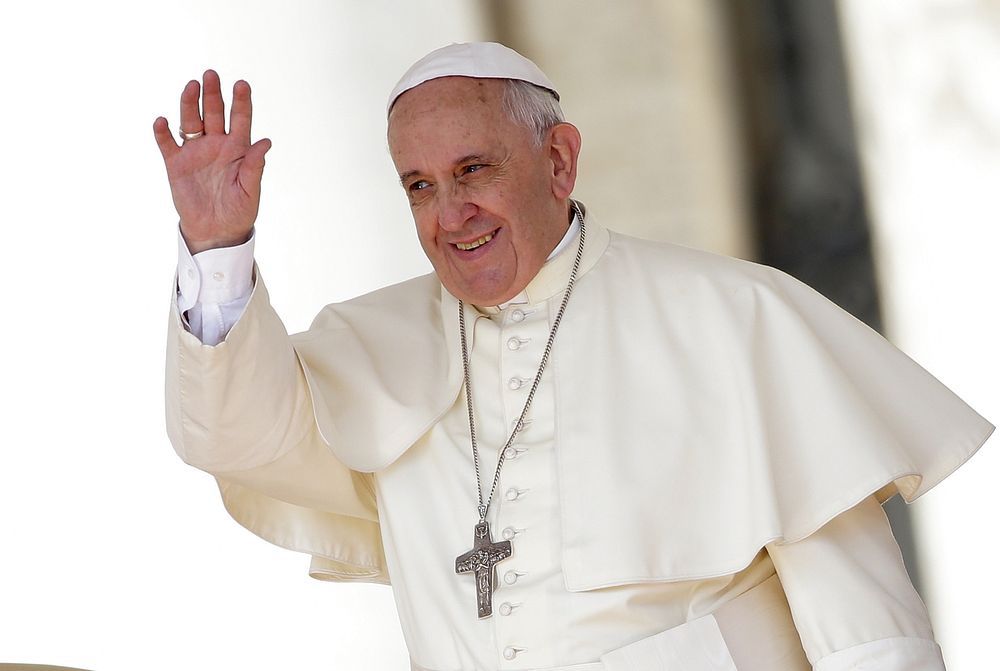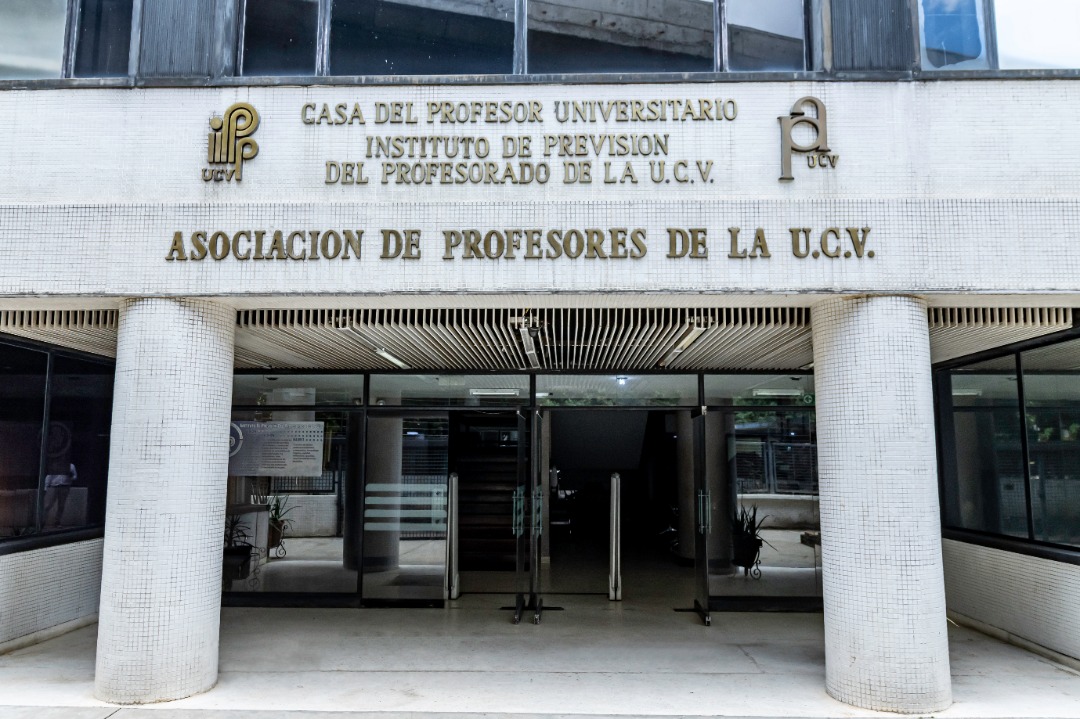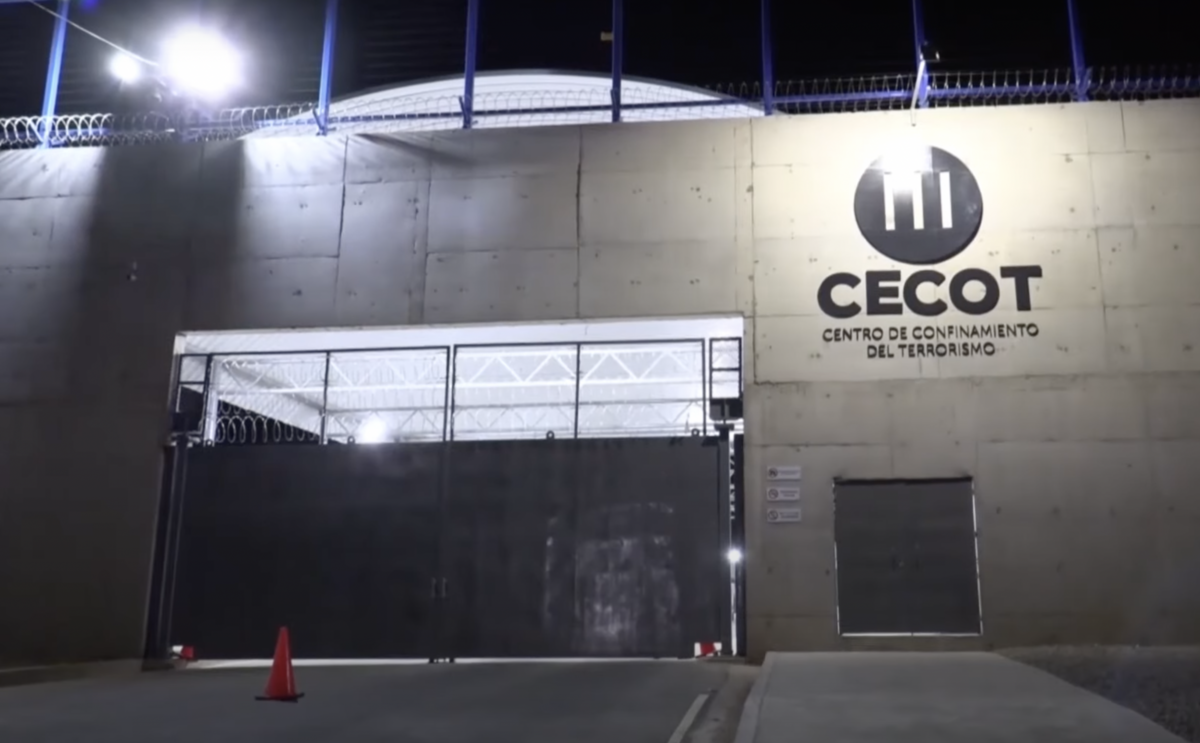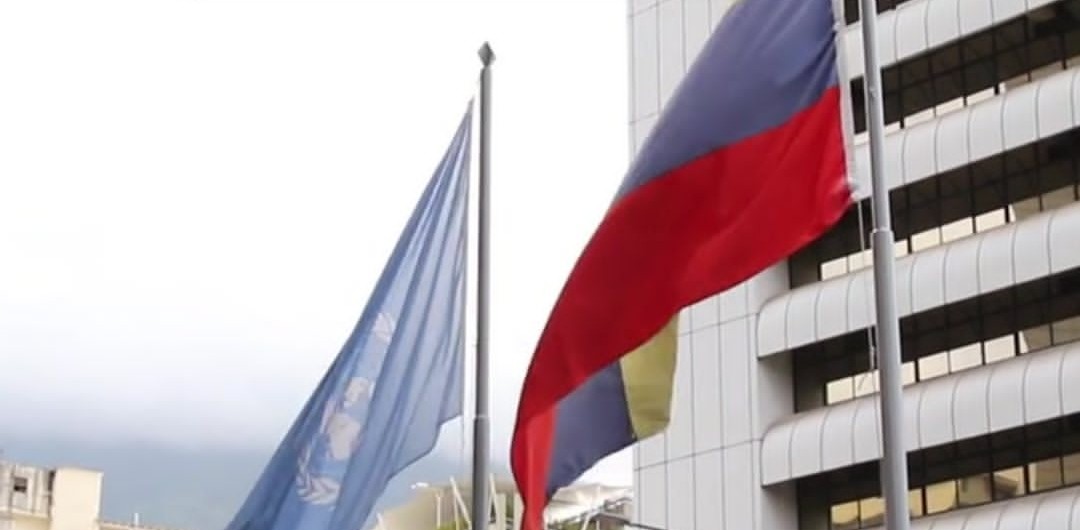Over more than ten years of his papacy, Pope Francis addressed issues that shaped the 21st century, such as migration, the environment, globalization, and the crisis of trust in institutions. Photograph: Courtesy.
Guacamaya, April 21, 2025. This Monday, the world received with profound shock the news of Pope Francis’s passing at the age of 88. The Vatican reported that the Bishop of Rome died at 7:35 a.m., following a period of convalescence marked by health issues, including episodes of respiratory difficulty and chronic pain.
“The Bishop of Rome has returned to the Father’s house; his entire life has been dedicated to the service of the Lord and His Church, teaching us the value of the Gospel with faithfulness, courage, and universal love, particularly for the poorest and marginalized,” expressed the Camerlengo, Cardinal Kevin Joseph Farrel.
Pope Francis made his last public appearance on Sunday, April 20, during the Easter Mass in St. Peter’s Square, where he delivered the traditional “Urbi et Orbi” message, extending his blessing to the city and the world. In this speech, the pontiff reiterated his call for a ceasefire in Gaza, the release of Israeli hostages, and the delivery of humanitarian aid to the hungry.
On the same day, and amidst his recovery from pneumonia, he briefly received a visit from the Vice President of the United States, JD Vance, at the Domus Santa Marta, the papal residence, where they exchanged greetings and gifts. This gesture was significant, given the tense relationship between the two on issues such as migration, a matter in which Francis has stood firmly on the side of migrants and refugees.
Milestones for Venezuela and Papal Legacy
In the weeks leading up to his passing, and despite his delicate health, Pope Francis approved important decrees that marked a milestone for the Venezuelan Church. In March 2025, he authorized the canonization of two emblematic figures of the country: José Gregorio Hernández, a physician and layman revered for his dedication and aid to the sick; and Carmen Rendiles, a religious figure and founder of the Servants of Jesus.
Francis’s papacy was characterized by a close pastoral approach, a message of humility, and a commitment to social justice, inclusion, and the defense of the most vulnerable. His leadership marked a shift toward a more open and dialogical Church, addressing internal and external challenges with a reformist spirit. Now, it remains uncertain whether this reformist line will continue or if a more conservative direction will be adopted.
Potential Successors and the Future of the Church
With the Pope’s death, the conclave process begins, where cardinals from around the world will gather to elect his successor. Various names have emerged as candidates to occupy the throne of St. Peter, each with distinct profiles and visions for the Church’s future.
Some of the most prominent profiles, according to Vatican specialist Edward Pentin, are as follows:
- Pietro Parolin (Italy, 70 years old), current Secretary of State of the Vatican, Apostolic Nuncio in Venezuela between 2009 and 2013, with a moderate and pragmatic profile.
- Matteo Zuppi (Italy, 69 years old), Archbishop of Bologna, close to the reformist line, committed to interreligious dialogue and peace.
- Péter Erdő (Hungary, 72 years old), President of the Council of European Episcopal Conferences, a key figure in ecumenical dialogue and unity.
- Luis Antonio Tagle (Philippines, 67 years old), current Prefect of the Dicastery for Evangelization, charismatic and a defender of social justice and an inclusive Church.
- Peter Turkson (Ghana, 76 years old), former President of the Dicastery for Human Development, advocate for social justice and ecology, potential first Black Pope.
- Raymond Burke (United States, 76 years old), former Prefect of the Supreme Tribunal of the Apostolic Signatura, representative of the conservative wing and a polarizing figure.
- Malcolm Ranjith (Sri Lanka, 77 years old), Secretary of the Congregation for Divine Worship and the Discipline of the Sacraments. He is considered conservative.
- Willem Eijk (Netherlands, 71 years old), Archbishop of Utrecht, regarded as a traditionalist theologian. He has questioned certain openings made by Pope Francis.







